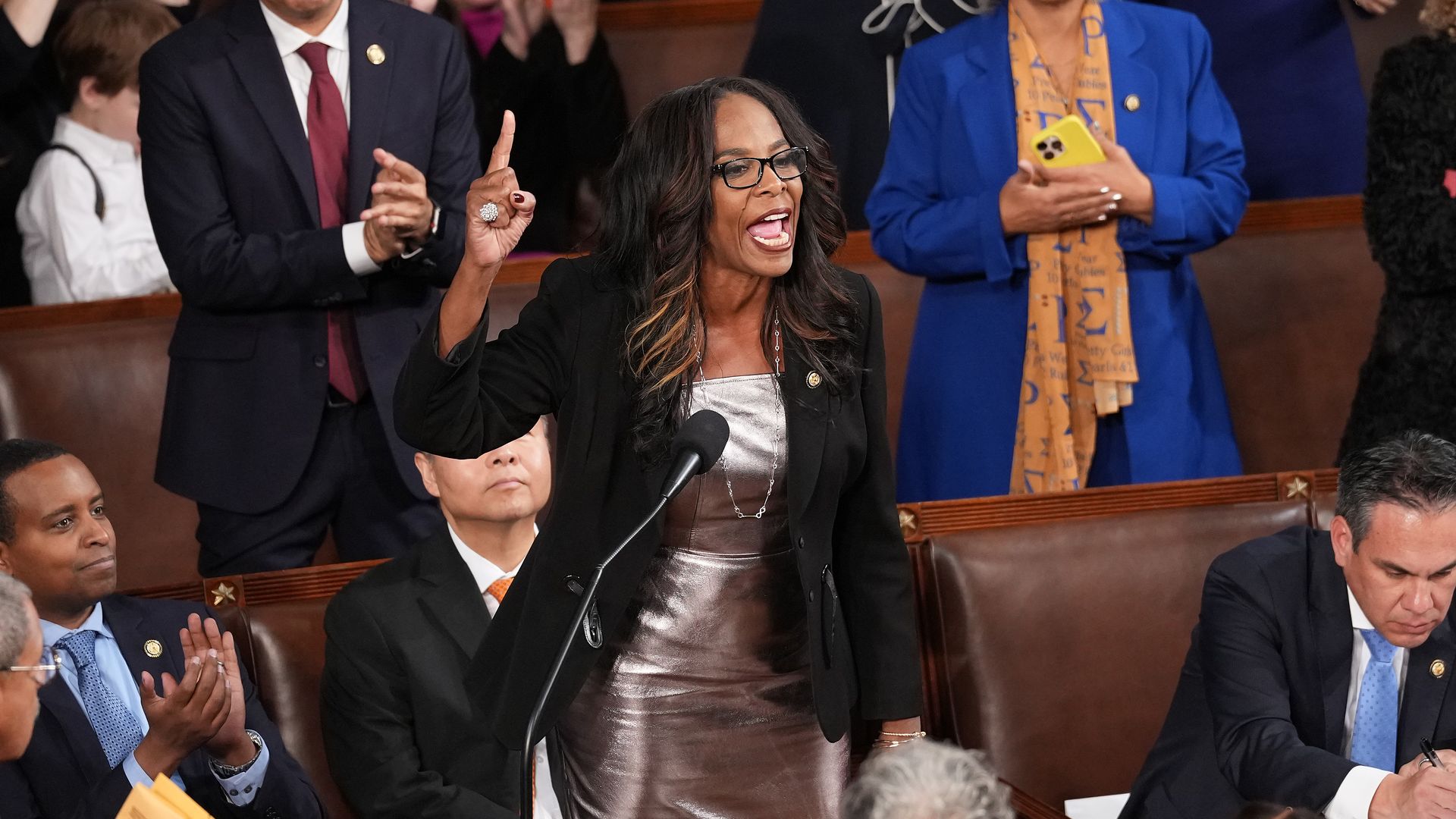
“I have a voice!”
[Ray]
The Congressional delegate who represents the US Virgin Islands interrupted the House Speaker election Friday to object to the fact that she and five other representatives aren’t allowed to vote.
Rep. Stacey Plaskett D-VI: “This body and this nation has a territories and a colonies problem. What was supposed to be temporary has now effectively become permanent.”
There are five delegates and one resident commissioner who are not allowed to vote on the House floor.
They collectively represent four million people in:
Virgin Islands
America Samoa
District of Columbia
Guam
Northern Mariana Islands
Puerto Rico
Plaskett was given the floor by making a parliamentary inquiry. Once she started making a political statement her mic was cut off and she was gaveled down. Democrats gave her a standing ovation while Republicans called for order.
Those who say the representatives should not vote point to Article I, Section 2 of the U.S. Constitution, which defines Members of the U.S. House of Representatives as those “chosen every second year by the People of the several States.” Delegates and resident commissioners represent territories, not states.
Those who say they should be allowed to vote contend the current rule leads to taxation without representation.
Delegates and resident commissioners have many of the same rights and responsibilities as other members.
They can sit on committees and question witnesses, they have constituent services offices, they can participate in debate about bills and even offer amendments.
If any of the territories are made states they would have two senators and one representative for approximately every 750,000 residents. All of whom would have the full rights and privileges of a member.









